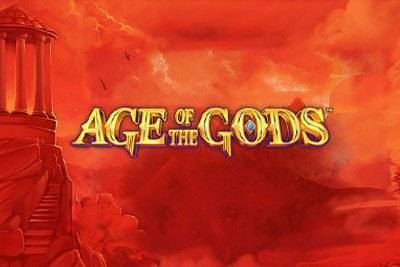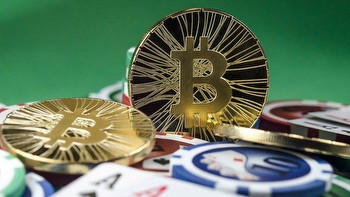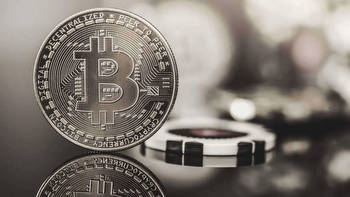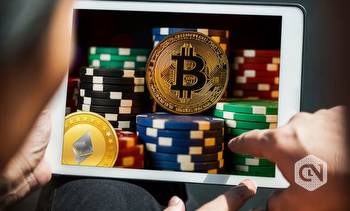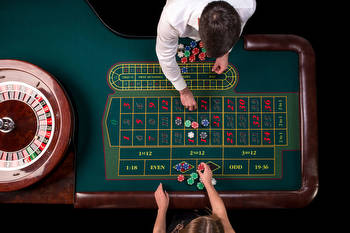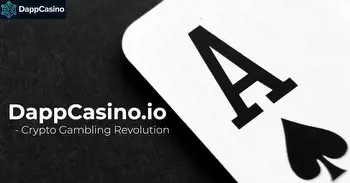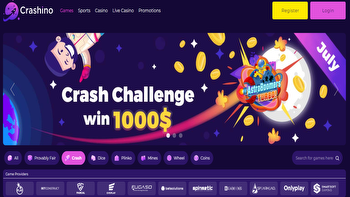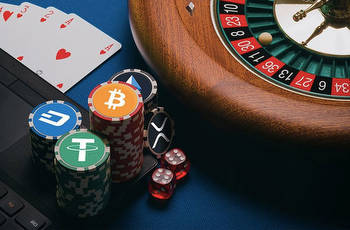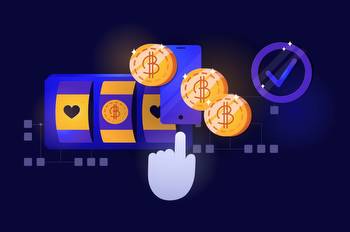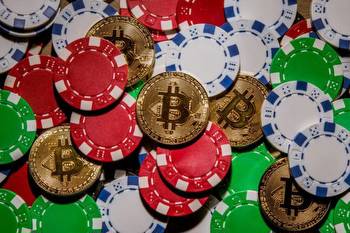Provably fair card games: A guide to fair online card gaming

The world of online card games has always been fraught with questions around fairness and transparency. From poker to blackjack, card enthusiasts have, for years, squabbled over bad beats and wondered if the virtual dealer might be stacking the deck.
In a space that thrives on trust, it is surprising how nebulous the concept can be in the online gaming arena. Enter the concept of “provably fair” – a term that promises to be a game-changer in the digital shuffle of cards.
As you delve into this article, you will learn about what makes a game provably fair, why it is crucial in today’s digital gaming landscape, and how you can verify it for yourself.
You will also discover popular card games that have adopted this technology and how you, as a player, stand to benefit from this paradigm shift.
What does “provably fair” mean and why is it important in card games?
In the simplest terms, “provably fair” means that the outcome of each game round is verifiable by both the player and the casino using cryptographic methods.
Unlike traditional online casinos, where you have to trust the internal system, provably fair platforms allow you to independently verify the fairness of each game.
In essence, it is like having a virtual “fair play” seal stamped on every deal, every turn, and every draw. This is not just a superficial layer of trust: it is mathematically verifiable trust, designed to clear the mist of scepticism that often clouds online card games.
The significance of this technology extends far beyond simply convincing players that they are not being cheated. It symbolizes a revolutionary shift toward complete transparency and fairness in online gaming.
The relevance of provability in card games is monumental. The nature of educational card games and casino card games involves strategic decision-making, but what is the point of strategy if you cannot trust the system?
Provability brings back the skill element, making sure that every card dealt and every game played is completely random and fair.
What are the most popular provably fair card games?
Card games have always been a staple in both physical and online casinos, and with the rise of provably fair mechanisms, these classics have been given a fresh layer of trustworthiness.
The scope of provably fair technology continues to cover almost every card game you can think of. Some of the popular provably fair card games include:
- Bitcoin poker is a beloved classic that has been revolutionized with provably fair algorithms ensuring every card dealt is random and untouched.
- Blockchain blackjack is a popular 21-point game that allows players to independently verify each hand’s fairness.
- Cryptocurrency rummy is a matching-card game, popular in many countries, that now comes with cryptographic proofs to ensure that no deck-stacking occurs.
- Provably fair Hi Lo is an engaging game where players bet on whether the next card will be higher or lower than the previous one. Each card drawn is genuinely random, bringing strategy and prediction back to the game’s core.
How does provability work in card games?
At the heart of provably fair gaming, especially in card games, is cryptographic technology, ensuring that both the online casino and the player cannot tamper or predict the outcome.
Before a hand or round begins, the casino generates a random server seed and a random client seed, typically created by the player’s browser. These are combined to determine shuffle order, card draw, or other game outcomes.
The server seed is hashed (converted into a cryptographic code) and sent to the player before the round starts. The actual server seed remains hidden. This way, while the player knows the hash, they cannot determine or influence the outcome.
The player makes their decisions, and the game progresses as usual. Once the round concludes, the actual server seed is revealed to the player. With both the server seed and its hash, players can use third-party tools or built-in features on the casino platform to verify that the outcome was genuinely random.
If the newly generated hash from the revealed server seed matches the hash sent initially, it means the game was fair. The beauty of this process is that, without both seeds, it is impossible for either party to determine or manipulate the outcome.
What are the benefits of provably fair card games for players?
Players can independently verify the outcome of each game, thereby eliminating the distrust often associated with online gaming. Every aspect of the game is out in the open. From how the deck is shuffled to how cards are dealt, nothing is left to chance without verification.
Players do not have to rely on external regulators or audit reports. They can check fairness themselves in real-time. Knowing that the game is provably fair increases player satisfaction and engagement, allowing for a more enjoyable and immersive experience.
With cryptographic proofs, the likelihood of rigged games is practically nil, reducing instances where players might feel cheated. On top of that, provably fair casinos are built on blockchain technology, which inherently offers more robust privacy protections.
Are there any challenges and pitfalls?
While the advantages of provably fair card games are abundant, there are some challenges and pitfalls to be aware of.
Cryptographic hashing and seed generation can be complex for those not familiar with blockchain technology, making the verification process daunting for some. Due to its technological nature, the concept of “provably fair” may also be confusing to some players, causing them to skip verification entirely.
Just because a game is provably fair does not mean that the casino operating it is trustworthy in other aspects, such as secure transactions and fair terms of use. While the system aims for absolute fairness, bugs in the platform’s code could also inadvertently affect game outcomes.
In manual verification, there is always room for human error, which could compromise the integrity of the fairness check.
Blockchain networks, especially those like Bitcoin, are often criticized for their high energy use, which is a concern for the environmentally conscious player. While not directly related to the game itself, the use of cryptocurrencies for betting might also incur transaction fees, affecting the overall player experience.
How to get started?
To dive into the world of provably fair card games, all you need is a compatible device and a basic understanding of how to check the provability features. Many platforms also offer tutorials to guide newcomers through the verification process.
Provably fair card games are redefining trust and fairness in the online gambling world. As we advance towards a more transparent digital age, it is not enough just to play the game; it is about playing the game right.
The era of questioning the dealer, the shuffle, and the deal is coming to an end. With provably fair card games, you are not just a player; you are a verifier, a strategist, and most importantly, a winner.







